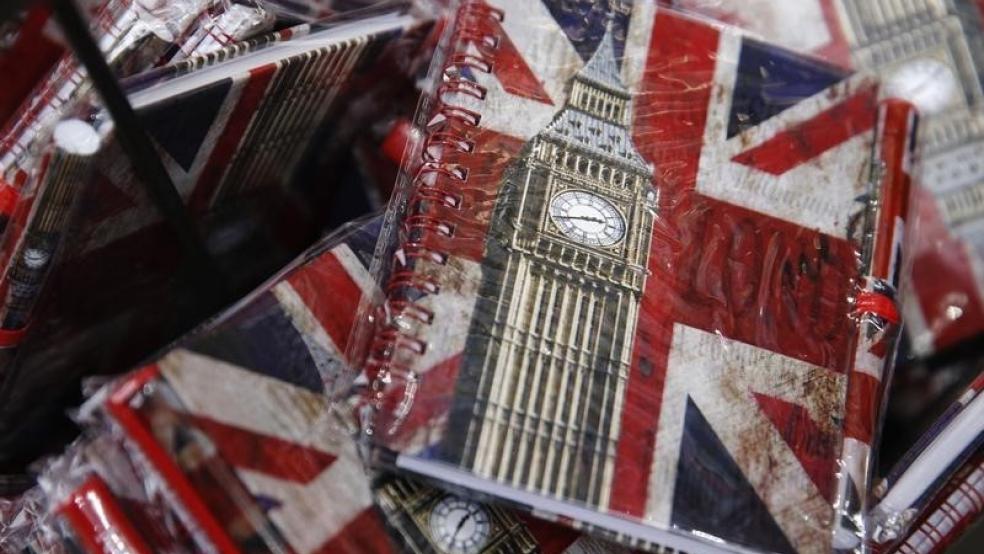LONDON — A senior British court on Thursday dealt a severe blow to Prime Minister Theresa May’s plans to begin the process of exiting the European Union early next year, ruling she must get Parliament’s approval before she acts.
The decision greatly complicates May’s stated plan to trigger Article 50 — the never-before-used mechanism for a country to leave the European Union — by the end of March at the latest.
Most members of Parliament opposed Brexit in the lead-up to Britain’s June referendum, when voters opted for an exit by a 52-to-48 margin. On the streets, however, the court decision risked setting off an angry backlash from voters who favored leaving the European Union and believed the issue was settled.
May’s lawyers argued that she had the right to begin the Brexit process without first getting Parliament’s consent. But a three-judge panel on the London-based High Court sided with a group of plaintiffs who contended that Parliament must first weigh in.
"The most fundamental rule of the U.K.’s constitution is that Parliament is sovereign and can make and unmake any law it chooses," the judges wrote. "As an aspect of the sovereignty of Parliament it has been established for hundreds of years that the Crown – i.e. the Government of the day – cannot by exercise of prerogative powers override legislation enacted by Parliament."
May will now have to decide whether to appeal to the Supreme Court. If she does, the proceedings could extend well into next year.
[Britain still struggles to define post-E.U. identity]
The court's decision stunned British political and legal observers — just as the referendum outcome also defied the predictions that voters would favor staying in the E.U. family. Until Thursday, most analysts believed the court would side with the government.
It sparked an immediate rally in Britain's beleaguered currency, the pound, as traders reacted to the possibility that Britain's E.U. exit could be significantly delayed — or even blocked.
The pound has been battered since the referendum and has been one of the worst-performing currencies anywhere in the world this year. London's FTSE exchange remained down slightly despite the announcement, but other markets, including France's CAC, were higher in midday trading.
Pro-Brexit advocates quickly denounced the decision, saying it amounted to a betrayal of the public's will.
"I now fear every attempt will be made to block or delay triggering Article 50," tweeted Nigel Farage, a longtime Brexit champion. "They have no idea level of public anger they will provoke."
Pro-E.U. politicians, meanwhile, celebrated the decision and called on May to share with Parliament her negotiating strategy — something she has steadfastly refused to do.
"So far May’s team have been all over the place when it comes to prioritizing what is best for Britain, and it’s time they pull their socks up and start taking this seriously," said Liberal Democrat leader Tim Farron in a statement. His call was echoed by Labour leader Jeremy Corbyn.
The court ruling — assuming it is not overturned on appeal — sets up a crucial decision in Parliament. Members of the ruling Conservative Party were almost evenly split on whether Britain should stay in the E.U. or leave when the country voted June 23. But solid majorities of the other major parties in Parliament — including Labour, the Scottish National Party and the Liberal Democrats — all opposed an exit.
[How globalism became a political boogeyman on both sides of the Atlantic]
May, who took office in July following the resignation of David Cameron, has only a narrow majority in Parliament and could struggle to pass legislation authorizing the start of Britain's departure.
Thursday's ruling is only the latest setback for pro-Brexit forces in Britain.
May's government has struggled to put together a coherent strategy for the tough negotiations to come with Europe if Britain goes ahead with departure plans. European leaders, meanwhile, have been fairly united in their insistence that Britain will not be given a special deal.
The negotiations are likely to focus on the trade-off between Britain's desire both to control E.U. immigration into the country and to retain access to the E.U.'s common market. Foreign Secretary Boris Johnson, a leading Brexit proponent, has said the government's objective in the talks “should be having our cake and eating it.”
But European leaders have said that won't be possible and that Britain will have to allow immigrants if it wants to maintain the market access that is at the core of its trading relationships with Europe.
Johnson on Wednesday appeared to make unwitting reference to the government's struggles with its Brexit strategy, saying in a speech at an awards ceremony sponsored by the conservative Spectator magazine that Britain would make "a titanic success" of Brexit.
George Osborne, Britain's pro-E.U. former Treasury chief, quickly interjected: "It sank."
Brian Murphy in Washington and Karla Adam in London contributed to this report, which was originally published in The Washington Post. Read more at The Post:





